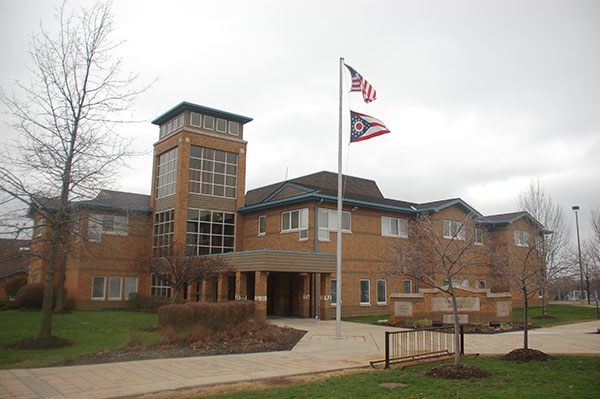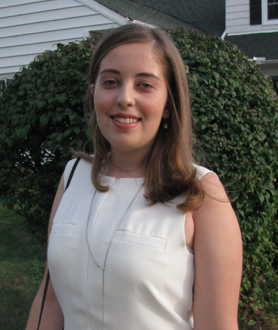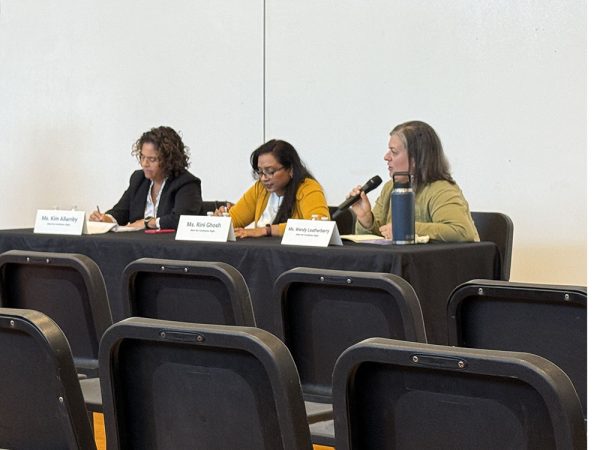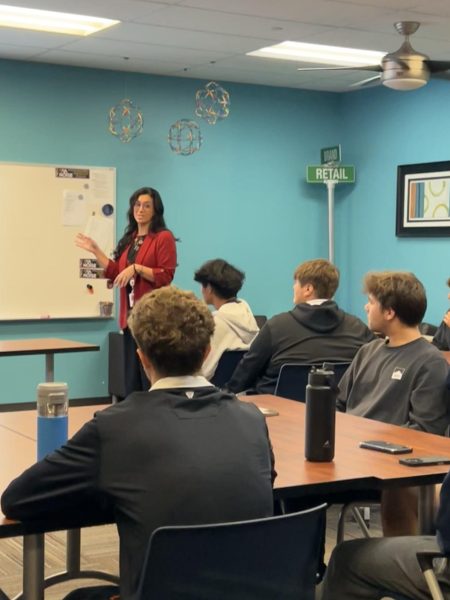Tax Commissioner Reverses on Cleveland Clinic Taxes to School District
“The school [district] still maintains that the Cleveland Clinic should not be exempt for property tax purposes. The commissioner changing his position does not change the school district’s,” School Board President Mitchel Luxenburg said.

After the preschool moves to Bryden, Hardis and Walsh see the Fairmount building as a space to be shared with the community.
The long court battle continues between the Beachwood City School District and the Cleveland Clinic’s Family Health & Surgery Center over the issue of tax-exempt status.
The case came back into the news in late Feb., when Ohio Tax Commissioner Joseph Testa changed his opinion to side with the Clinic against the school district.
Beachwood Board of Education President Mitchel Luxenburg explained the district’s position.
“The school [district] still maintains that the Cleveland Clinic should not be exempt for property tax purposes. The commissioner changing his position does not change the school district’s,” he said.
Clinic attorneys have argued that the hospital chain is a nonprofit organization and therefore should not have to pay taxes to the Beachwood School District for money earned at the Cedar Rd. location.
The school district, represented by the law firm of Brindza, McIntyre and Seed, argues that the Clinic location on Cedar Rd. has never qualified as a nonprofit organization.
The district maintains that the Clinic owes 8 million dollars, the sum of all the taxes the Clinic has not paid.
According to Luxenburg, the school district did not pick this fight.
“[The] Cleveland Clinic was seeking to be exempt for property tax purposes,” he said. “This was back in 2005. At that time, [Testa] rejected their applications. The Cleveland Clinic appealed the decision; therefore, the school became a party to that case. We did not initiate anything.The school has to defend the decision of the tax commissioner.”
Luxenburg explained that through years of litigation, the tax commissioner sided with Beachwood. After the most recent trial early this year, the tax commissioner’s office filed a post hearing brief, or a summary of their arguments, changing their opinion and now officially siding with the Clinic.
It is not unusual for municipalities to challenge the tax exempt status of medical centers. In 2003, a Butler County kidney dialysis clinic was denied tax exemption on the basis that it did not qualify as a nonprofit organization.
In a 2010 ruling on the Butler County case, the Ohio Supreme Court passed new guidelines stating three factors that an organization must meet in order to qualify as tax exempt:
“First … the provision of free, unreimbursed care constitutes an essential part of a tax-exemption claim for a healthcare-services provider,” Justice Judith Ann Lanzinger wrote. “Second … the use of property in charitable pursuits … qualifies for tax exemption. Third … a charity or gift to patients. [Corporations must] admit and treat a patient who has no ability to pay.”
The definition of a nonprofit is key to deciding this case. An attorney for the Ohio Hospitals Association who is not affiliated with this case, Sean McGlone, has a different definition:
“I would say that a nonprofit is an entity that does not turn its profits over to individual owners or shareholders,” he said. “The revenues that you derive as a nonprofit gets pumped into the mission of the organization or any other community goods.”
McGlone believes the Clinic is a nonprofit organization, and should be tax exempt.
“Absolutely,” he said, “[The Clinic] provides millions of dollars every year in free care to the indigent and poor, millions of dollars in uncompensated care to patients who can’t afford to pay their bills, to research, to train future positions [and] they treat medicare and medicaid patients, and they are not wholly reimbursed.”
“I think that under standards for tax exemption that the Ohio Supreme Court has established… the Clinic ought to prevail in the case,” McGlone said.
According to Beachwood City School District Treasurer and CFO Michele Mills, the Clinic is not a nonprofit organization.
“[A nonprofit organization is] one that is charitable in nature and benefits society,” she said. “A portion of our case [argues] that the Family Health Center on Cedar Rd.–as far as we can tell–doesn’t give a lot of charity.”
Mills also said that patients who try to make an appointment at the Family Health Center and do not have insurance are required to meet with a financial counselor before making the appointment.
“We also felt that the Cedar Rd. facility did not serve many people without the capacity to pay either via insurance or out of pocket,” Mills said.
If Beachwood wins the case, Mills explained the additional money would have an impact beyond Beachwood.
“It would impact the city and the county,” she said. “It would pay salaries and benefits and purchase books and equipment. The Board may want to use the money for a large purchase, or use the money to delay going back to the taxpayers for an operating levy. There would be a great deal of discussion on how the money would be best used to benefit our students.”
Neither the Cleveland Clinic nor the Ohio Department of Taxation would comment on the case.

Senior Dalia Zullig had been the Online Editor-in-Chief for three years and is now the Editor-in-Chief. She enjoys writing features the most and runs...





![“My parents have always said that education is important. My parents are Chinese immigrants, I'm Chinese American, [and that's a] value that has always been ingrained in our community,” said Senior Lyndia Zheng, pictured with Tony Zheng](https://bcomber.org/wp-content/uploads/2025/10/DSC_4244-600x400.jpg)




